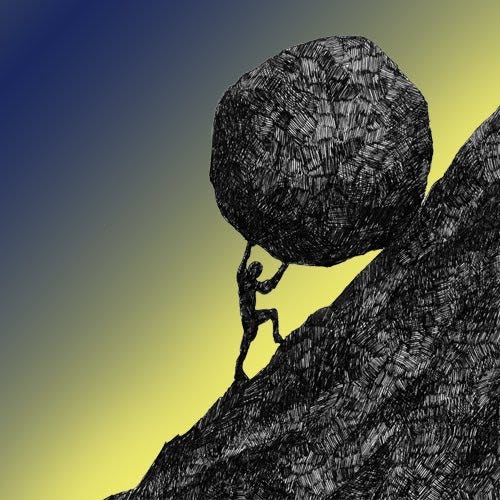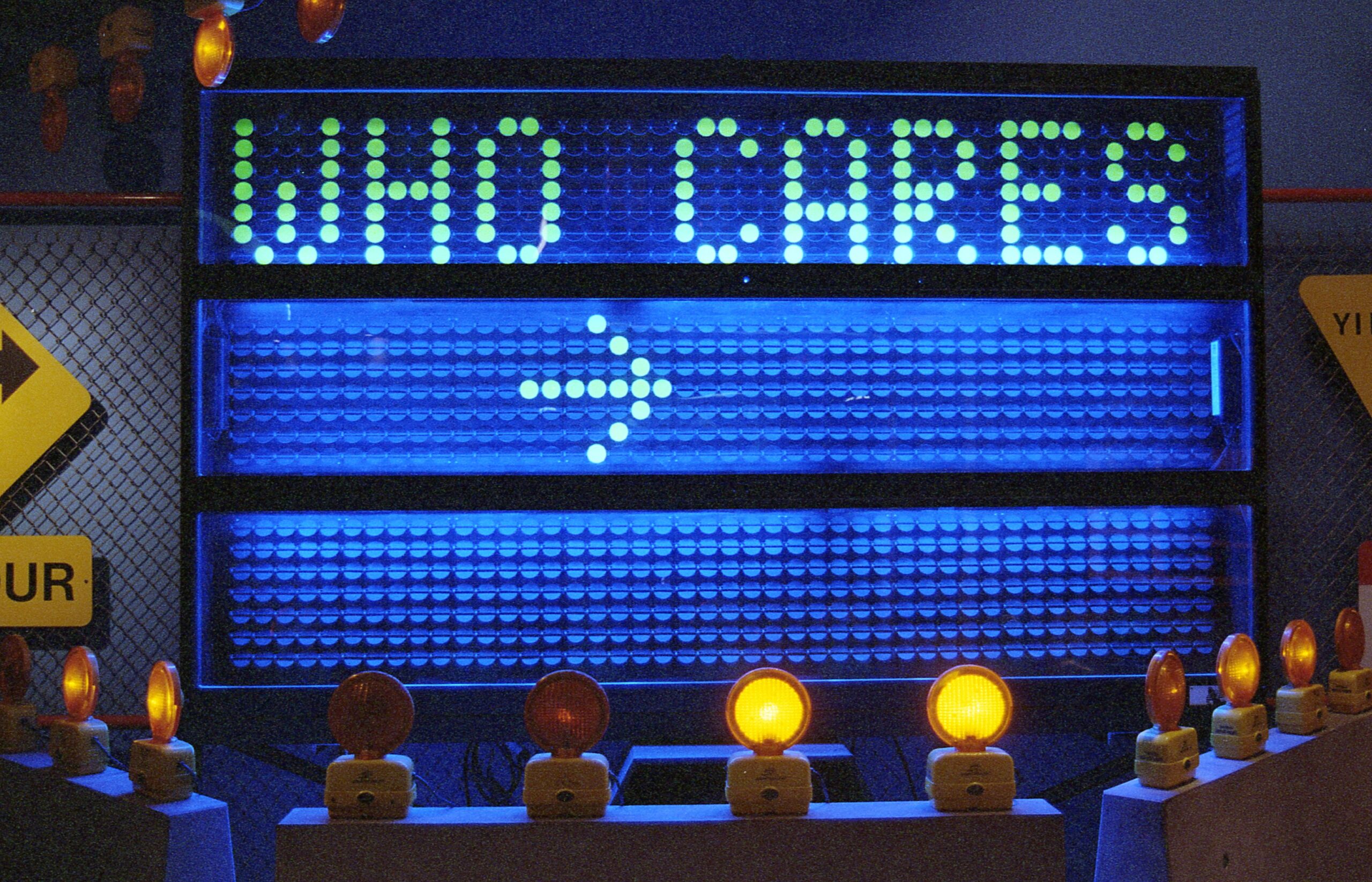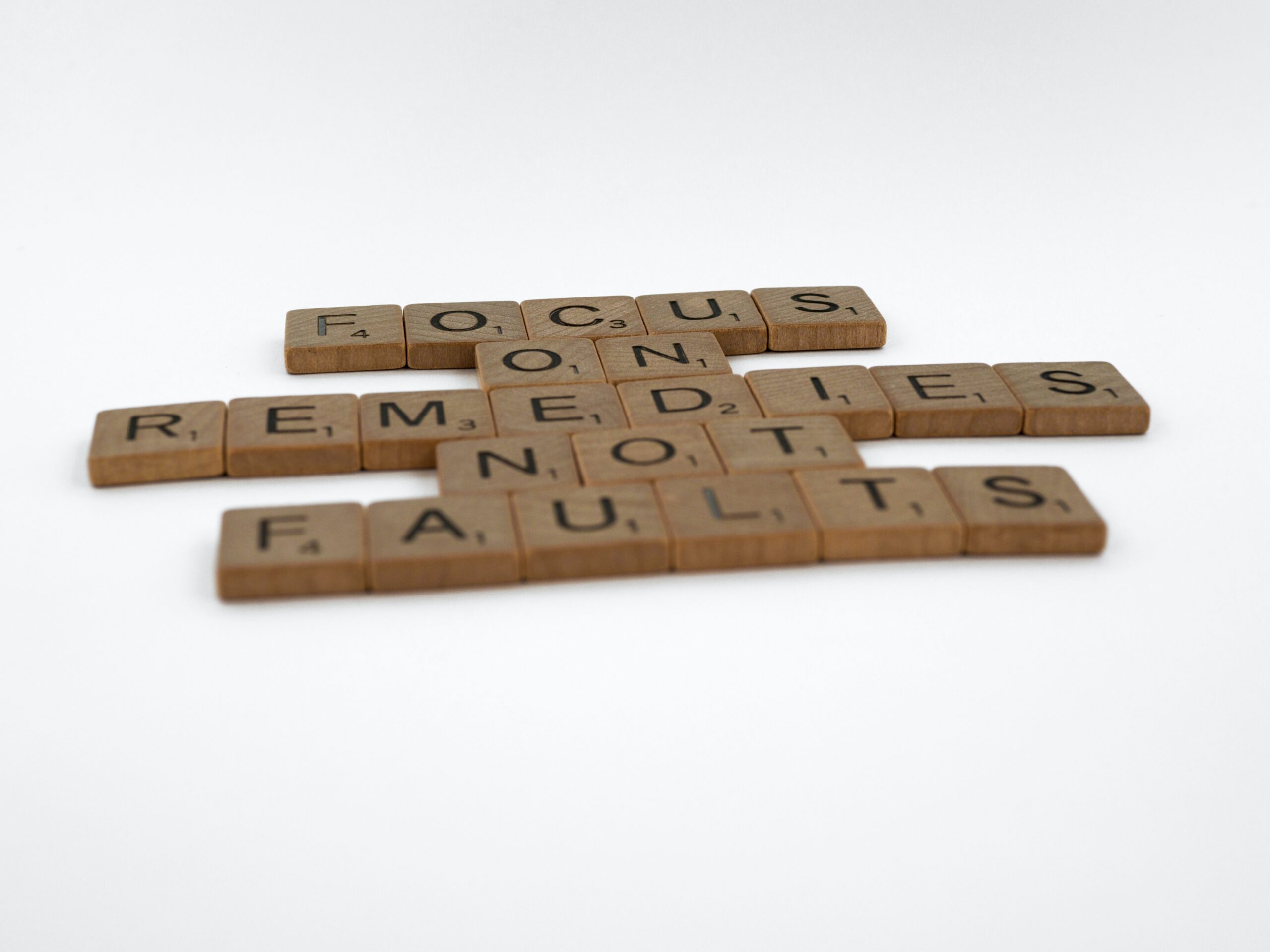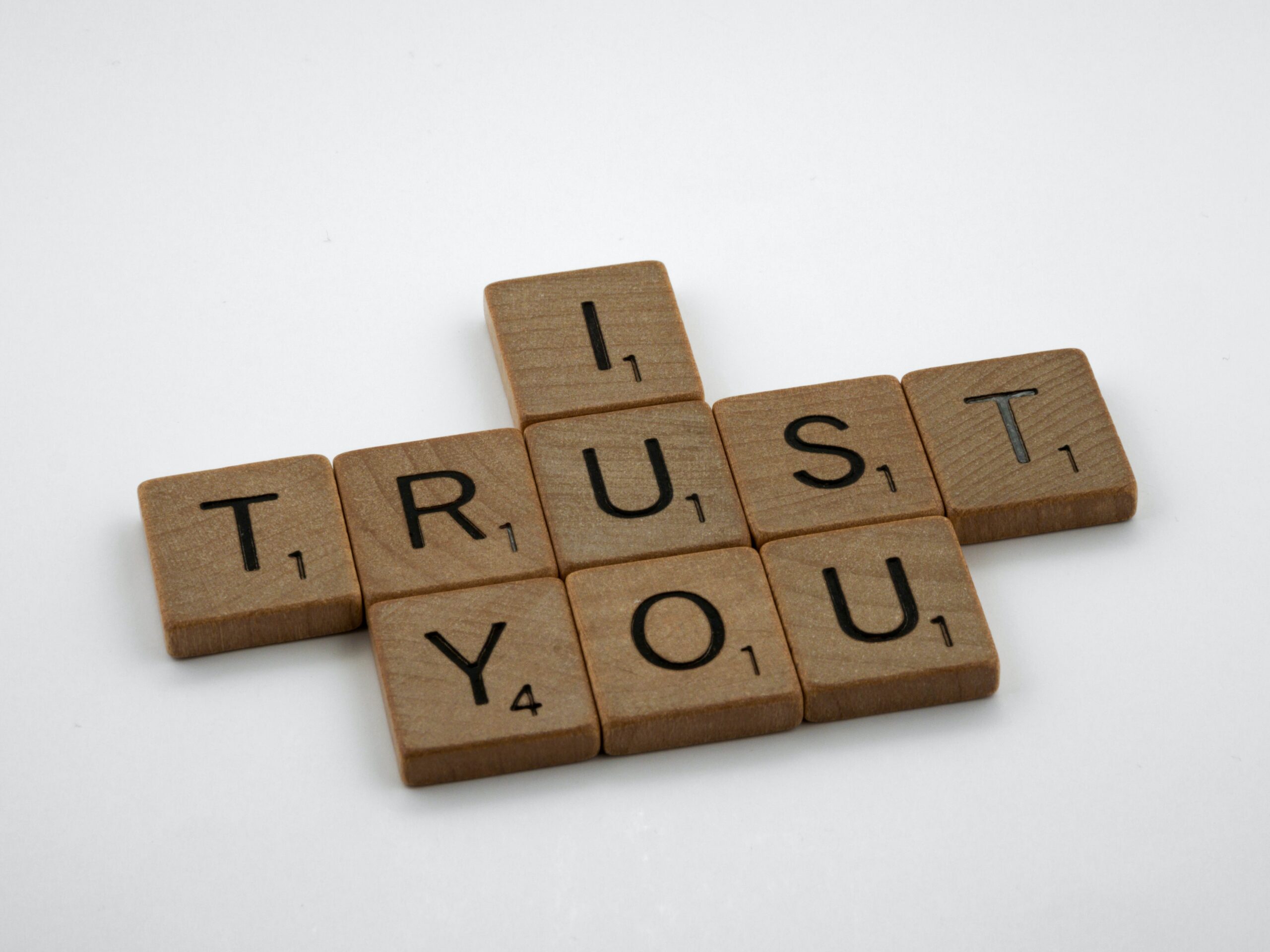
Authenticity, Mindfulness, Well Being
Be Careful Who You Put on a Pedestal
The last few weeks have been interesting ones – for a good chunk of March my husband and I took a vacation with my parents to Africa to go on safari. I’ve been in a reflective place since then, thinking about the fun and excitement of the trip, but also thinking about how far I’ve come in my relationship with my parents, particularly with my father. Family relationships can be tough, especially parent – child ones, and then there’s the added aspect of how we as children tend to put our parents on a pedestal. It’s hard not to, when you think about it. I’ve lived it, many of my clients have lived it, and while well intended, there are several unintended consequences in doing so. It manifests in a lack of decisiveness when it comes to things like career choices, life choices, increases codependency and can really muddy the waters where clear thinking is concerned. When I think about the impact this had on my life, it’s profound. It’s hard to just “be,” when you’re so busy trying to be someone else’s version of you. Inadvertently and unconsciously, we give our power away and when we do we grow increasingly resentful of the other person. Why can’t he see me for who I am? Why can’t he appreciate me for the person I’ve become? We feel pushed or compelled to do things out of family obligation and anger and resentment builds and builds. Left unchecked it can completely poison the relationship. I thank God it didn’t in the case of me and my dad. When I truly think about it, for many years I was playing the part of the victim who had to do what he said without any choice in the matter, and my dad was the persecutor in our dynamic. The more the anger built, the more I distanced myself from him – my tactic was to isolate myself rather than fight. Over the years I’ve worked hard to pull him down from the pedestal I created. And it’s important to note that I was the one that created it. Pedestals keep us from being able to truly love Putting others on a pedestal isn’t fair in two ways. It’s not fair to yourself, because in effect what you’re doing is giving your power away as you seek approval and validation from the person on the pedestal. But it’s also not fair to the other person. It puts pressure on them, it creates unrealistic expectations that they need to live up to. It creates a sense of division, of separation. And the greater that sense of separation, the harder it is for love to enter the equation. The harder it is to see that person for the truth of who they really are – a flawed, messy, beautiful human being, doing their best, worthy of unconditional love all the same. That’s how I see my Dad now. And I appreciate him for who he is, just […]
April 3, 2024
|
6.3 min read

Emotional Intelligence, Mindfulness, Well Being
Pain is Inevitable, Suffering is Optional
The title of today’s blog is a quote that has been attributed to many notable talking heads, including the Dali Lama. And it’s the events of last week that really brought it home for me, as in the wee hours of Friday morning, when I should have been peacefully sleeping, I was awakened by a massive migraine attack, complete with nausea and all the fun things a migraine can throw one’s way. The bottom line – it was an unrelenting 24 hours of hell. And not just on the physical front. Especially not only on the physical front. In-between unsteady trips to the bathroom my mind was awash with anxiety. What’s going to happen to all my client appointments tomorrow? Cancelled. What’s going to happen to my blog I need to finish and get out by the end of the week? Not happening. What if this wrecks my business? Clients are going to think I’m unreliable. How am I supposed to plan and manage my engagements when something like this can strike without a moment’s notice? What if this puts undue stain on my marriage? Me being up keeps him up. How much can my husband really take? It left me drained, emotionally and physically, but also quite reflective. Because at some point, in the midst of all the strife, strain and obsessive worrying, I realized I had a choice. Not a choice of whether I get to have migraines – unfortunately I don’t have that kind of power! But a choice on what perspective I get to take on the situation. And it’s the perspective I take that leads directly to how much suffering I must endure. What does it mean to suffer? To break this down, let’s think about what suffering means. It’s worth noodling on this considering the Buddha said many a time that “life is suffering.” On the surface of it, not the most upbeat way to view our journey around planet earth. But it depends on how you look at it. I’ve often defined suffering as “resistance to what is.” Resistance creates pressure. And pressure creates stress. And so, when folks enter my virtual office these days and say things like they’re burned out and stressed out, I believe them. They are. But I also say the solution lies not so much in having more time in the day to address a never-ending list of to-dos, but more in the way we manage our energy relative to the problems life throws our way. Because unfortunately, like it or not, life will throw us problems. That’s the one thing we can always count on. The real problem is we think we shouldn’t have problems. And therefore, we spend a lot of time resisting said problems, which creates a lot of suffering. Recognize any of these? If only I’d had a better childhood, then I wouldn’t be navigating all the difficulty I am right now. They were wrong to fire me. If they had really valued me, […]
February 26, 2024
|
5.5 min read

Career Coaching, Mindfulness, Motivation, Well Being
Is the Trick in Life Not to Care? Kind of…
We tend to focus a lot on outcomes in our society. Outcomes are how we evaluate success. That project didn’t achieve the stated outcome, so we brand it as a failure. The business is no longer a going concern, so it’s a bust. Maybe we don’t get the promotion we were longing for, or a particular dream job, and we make ourselves miserable thinking about what could have been. What should have been. Focusing solely on outcomes is a recipe for misery I realize this headline may sound ironic coming from a woman who in a former career was responsible for pulling together performance dashboards and kpi updates, but I’ve found it to be true. For many of us it would behoove us to embrace the Buddhist concept of non-attachment. Which isn’t the same as not caring or becoming apathetic. Let me share an example of what I mean by this. I love what I do as a career and leadership coach and facilitator. In many ways I look at it as a vocation, rather than a job. I’m deeply attached to the purpose of enabling and helping others to be effective and to develop clarity of purpose, compassion for self and others and confidence. But my work in this space can feel like heaven, or it can also feel like hell. And a lot of the difference has to do with how attached I am to certain outcomes. Any job can be heaven or hell Take career coaching for instance – there have been occasions when I’ve been sucked into my client’s outcome, that attachment to finding the perfect job or the perfect career (even though I emphatically assert there is no perfect job or career!). I become aware of when that happens because I start noticing a few things. I start worrying more than usual about my client interactions. I worry they’re not getting enough out of the coaching process, or what they would say about me as their coach. I start to worry about my reputation and whether I’ll get a bad review. If it gets extreme, I start judging myself – maybe I should have suggested this or that. I even start questioning my credibility as a coach. And when that happens, I find myself violating my own rules as a coach, because I move from curiosity and inquiry into tell mode. I lose sight of the fact that my role as a coach is to facilitate the process and instead try to drive the outcome. In essence, I get overly attached to the client’s outcome and as a result make myself miserable and drive myself crazy. When I practice non-attachment that same interaction can look and feels very different. The reason it feels so different is because I’m not attached to the outcome, and if I’m not attached to the outcome I can rest fully in the present moment. I’m not worrying about the question I just asked and whether it was good enough. I’m […]
September 28, 2023
|
4.6 min read

Authenticity, Leadership, Mindfulness, Well Being
A tip for releasing negative self talk
As human beings we are masters at creating narratives. We create colorful stories that have the capacity to stir up emotion. And that can be very wonderful and inspiring. I’ve often said that emotions are the elixir of life. The problem with our innate gift for story telling is that we often tend to cling to the negative and painful narratives and replay them repeatedly in our minds. If she just hadn’t said that. If I just hadn’t done that. Then the relationship wouldn’t have been ruined. I wouldn’t be in such dire straits. We create headlines of negativity And off this rumination we create high level headlines, scripts that sound like: I am always getting taken advantage of. I am estranged from this relative. I am always making bad choices. I am bad at leadership. I am horrible at relationships. I am not assertive enough. I am weak. I am not hardworking enough to pull that off. I am overweight. I am stupid. I am never going to get ahead in life. I am damaged. I am a victim. I am powerless to change anything. Just let it go, right? We’re often told by self help experts that we have to let go of these negative scripts. Release the negative self talk, they exclaim! But how? Especially when they’re so ingrained. Many of these stories have been kicking around in our brains for decades. Maybe I’m crazy for saying this but “Let that sh%t go” sounds trite and condescending. If it was that easy, I would have done it by now, is what I often think when I’m met with platitudes like that. I often speak about the power of language with folks I am coaching, and direct coaching clients to pay particular attention to anything that comes after the phrase “I am.” Why? Because words are literally magic. And they have the capacity to expand the possibilities in our lives or close them down for good. Words, whether spoken out loud or spoken in our head, are incredibly powerful. If you’ve ever read or heard of the book, The Four Agreements, Ruiz speaks to this when he addresses the first agreement – Be impeccable with your word, who says: “You can measure the impeccability of your word by your level of self-love. How much you love yourself and how you feel about yourself are directly proportionate to the quality and integrity of your word.” Beware of the negativity bait and switch So what would impeccability of word look like as it pertains to releasing negative self-talk? Would it be the converse? Instead of I am not weak, perhaps the answer lies in the reverse – I am powerful. That would be convenient, wouldn’t it? Just a simple bait and switch should be enough to do the trick, right? In my experience it’s tough to go from one extreme to the other. We as humans also have an animalistic ability to sniff out the falseness of a message. If […]
August 23, 2023
|
4.8 min read

Emotional Intelligence, Mindfulness, Well Being
Lean into the restlessness, rather than run
Today’s blog is hitting on a topic near and dear to my heart. It reminds me of the proverbial phrase, “Idle hands are the devil’s workshop.” If you grew up in the South like I did, you’ve probably heard a version of this in your formative years. And if you didn’t – welcome to my world, filled with many such sayings like this one and “There are a million ways to skin a dead armadillo.” (the latter of which we won’t be focusing on today just in case you were wondering…) Idle hands aren’t the problem But we do live in this way – idle hands are to be avoided at all costs. I’ve often wondered why. Maybe, deep down, we’re afraid of calm. Fearful of it even. Silence can be terrifying if we’re not used to it. When I first started practicing mindfulness and meditation, I heard horrible stories about adverse reactions folks were having upon trying a few minutes of meditation. It scared me as a facilitator. Panic attacks. Participants reporting they felt their skin was crawling. And when I’ve felt forced to sit for a long time at a meditation retreat, I’ve often experienced similar sensations. Feelings like boredom can be unbearable, especially if we always have the constant companion of the smartphone and scrolling to keep us company. That’s the annoying problem with mindfulness practices like meditation. They’re difficult only because we must sit with ourselves. We are finally alone with ourselves. And when you’re alone and have nothing to distract you, you have no choice but to feel what you’re feeling. Human beings are masters at avoiding feeling the difficult things. We become workaholics, alcoholics, shopoholics, foodoholics instead. I’ve even seen working out become an obsession. I have a friend who manages this dance better than anything I’ve ever seen. She runs a successful business, she’s always on the go. She stays in perpetual motion. We have a party and she’s on her phone responding to a text, in-between bouncing around from guest to guest engaging them in banter, then running to the kitchen to straighten things, helping with the dishes (which I greatly appreciate by the way!). I don’t think I’ve ever seen her sit still. There’s a look in her eyes that I’ve picked up on, she’s scanning the room looking for the next thing she can do, straighten, clean, or put away. I get this compulsion all too well because quite often I’ve been this person. If you look hard enough in those moments, you’ll notice what’s sitting underneath the surface is a restlessness. An emptiness. The restlessness is a clue – We’re really running on empty I’ve been feeling quite a bit of this myself lately, so I know. The difference is I’ve finally learned it’s not a sign that I need to speed up. That’s how I used to handle it. I would find ways to occupy myself, anything I could do to keep that empty, restless, grasping, sticky feeling […]
July 27, 2023
|
4.9 min read

Leadership, Mindfulness, Relationships
How Trustworthy is Your Leadership?
In a class on leadership I was facilitating last week, we ended up talking a lot about trust. A worthwhile endeavor for sure. I recall years ago when I read Stephen Covey’s book, The Speed of Trust, which highlighted how building an effective foundation of trust enables work to happen much more quickly, efficiently and effortlessly than it ever would if trust was lacking. A low trust environment can lead to burnout When we think about the relationships in our life – personal or professional, we often evaluate them based on whether we think we can trust the person. “I don’t trust him as far as I can throw him.” This is especially important if you’ve ever worked for a leader you didn’t think you could trust. My virtual office is often full of career and leadership coaching clients experiencing burn out due to prolonged exposure to an untrustworthy leader or team environment. And it takes me back to times in my career where I felt like I was walking on pins and needles all the time, lest I upset the apple cart. It takes a toll. Especially on our bodies, as we often find ourselves in a state of hyper alert all of the time. The fight or flight response is constantly triggered, stress hormones like cortisol are constantly pulsing through our bodies, and at some point we finally crash and burn. A simple equation for building trust Folks often pontificate about the importance of building trust, but few get into the nitty gritty of how you do it. And it’s more than just being knowledgeable in a certain skill or topic area. Competency and credibility are important, but it isn’t the whole equation. And there is an equation for trust by the way. I ran across this simple trust equation years ago, and here it is: C + R + I _______ S.O. The trust equation explained C stands for Credibility. Or in other words, “I can trust what she says about x…”. Do you know your stuff? Have you built the technical skills and competencies for the task at hand? Do you have the necessary leadership skills and competencies to guide your team, things like giving feedback? Setting a vision? Delegation? Holding others accountable? R stands for Reliability. Or in other words, “I can trust she will follow through.” What’s your level of integrity when it comes to follow through currently? Do you make promises you have no intention of keeping? Or perhaps you have every intention but you find yourself saying yes to every request that crosses your path. You overpromise and underdeliver. Good intentions are wonderful but will ultimately snooker you if you can’t come up with the follow through. I stands for Intimacy. Or in other words, “I can trust I can come to them with my concerns and problems.” To what extent are you an approachable leader? Do others seek you out for your counsel and your advice? How effective are you at […]
June 20, 2023
|
5.4 min read
Mindfulness
Shelley Pernot, otherwise known as the Irreverent Guru of Mindfulness, muses on life, leadership and everything in between. Your one stop shop for career tips, leadership tips and daily inspiration!

It was a privilege to work with Shelley as my leadership coach! The process was structured and yet flexible enough to meet needs as they arose. Shelley helped me to grow, learn more about myself, and to really achieve what I set out to accomplish. We worked on planning, navigating a promotion successfully, and so much more! I experienced many successes as a result of working with Shelley, she has great resources, knowledge, and really helps with setting the foundation to this coaching work. She won’t let you down!
Stacy Campos
Regional Coordinator
Having the opportunity to have Shelley as my Leadership Coach could not have come at a better time in my career. I was recently promoted to CFO and was new to the Senior Management Team. Shelley helped me navigate joining the team as well as helped me to determine who I wanted to be as a leader. The Leadership Circle Profile helped our team to discover our blinds spots and to be able to understand each other better. Working with Shelley not only has affected my professional life in a positive way, but also my personal life. She helped me take leaps and has given me the resources to continue this journey of self-improvement. If you’re looking to find more about yourself and how you can be the best version of yourself, I highly recommend working with Shelley.
Kristen Spedale
CFO
I have been working with Shelley for the past 2 years on my leadership development journey. What I thought would be a straight line, I soon learned with Shelley’s guidance, was a winding path with several ups and downs along the way. Shelley supported me as I took a deep dive into my professional and personal history and learned how it affects my approach and my perceptions. She helped me to slow down and recognize certain behaviors and understand that I can pivot in the moment or try again next time. Ultimately, my work with Shelley turned out to be so much more than what I expected. Her approach to coaching was exactly what I needed.
Nicole Naassan
Senior Vice President, Consulting
I’ve learned more about leadership in the past six months working with Shelley than I have in my 10+ year career. She is an incredible coach with many tools in her toolbox. The guidance and mentorship I’ve received from Shelley has been life-changing. She will challenge your limiting beliefs and inspire new ways of thinking.
Margaret Soltis
Creative Director
I highly recommend Shelley if you need a coach, thought partner, and guide as you consider the next steps in your career. She provides practical tools and advice to help launch your career exploration, but most importantly, she is an expert at helping you cut through the noise of your limiting beliefs. At the end of our time together, I had a much clearer vision of what I wanted in my life and a plan to make it happen. My only regret is that I didn’t find her sooner!
Elizabeth Magnus
My career coaching sessions with Shelley have brought me back to living. It’s been contagious, spreading throughout my personal and professional life. I now have the building blocks I need to continue setting healthy boundaries, the freedom to show up as my authentic self, and an adaption of a growth mindset that has allowed me to make bold decisions and try new things. I’ve discovered that there’s always another way and how to eradicate barriers that lead to tunnel vision. These sessions with Shelley have been a great gift and have given me the momentum I need to continue the journey to be my best self.
Teasha Houston
Art Director
It is amazing to think where I was only 10 months ago when I first started working with Shelley and where I am now. Not only professionally but mentally and emotionally. Shelley helped me navigate out of an unhealthy work environment by challenging me and asking me those tough questions we never seem to ask ourselves. What are the values of a true leader? How do those values align with my own? Shelley challenging me and guiding me through some of those tough questions is what led to my epiphany and me having the courage and confidence to leave an environment that threatened my well-being. She taught me how to become more self-aware and self-compassionate. Reminded me to be kind even when the world would understand if I did otherwise. And the biggest one for me, shutting down that crazy inner voice (we all have it!) and replacing it with being present. Shelley has armed me with tools that I will carry with me for a lifetime. Tools that will help me to continue to grow and learn. Life can be hard but working with someone like Shelley does make it easier. She will help you navigate the good and the bad and you’ll learn so much about yourself in the process.
Michele Feria
Director of Marketing
First of all I would like to say that I would recommend Shelley to anyone needing career guidance. As my counselor Shelley helped me transition my career from bartending to Tech Sales which was a difficult and scary transition for me. From the start Shelley was fantastic. Initially I had no idea of which direction I wanted my career to go, I just knew I wanted it to go somewhere else. Shelley was so kind and patient as she helped me figure this out, and gave me a step by step guide on how to explore my options and make an educated decision. She also helped me assess my skill set which played a large part in directing my energy. I landed a great job within days of my final session with Shelley, and now I’m month 3 I am absolutely loving it and doing very well. It was the perfect job for me and Shelley was the one that got me there. Working with Shelley was one of the best decisions I have ever made, she literally changed my life and I am so much happier for it.
Russell Boxer
Account Executive
